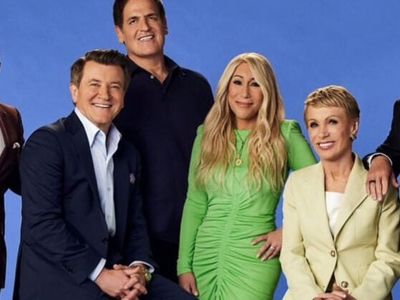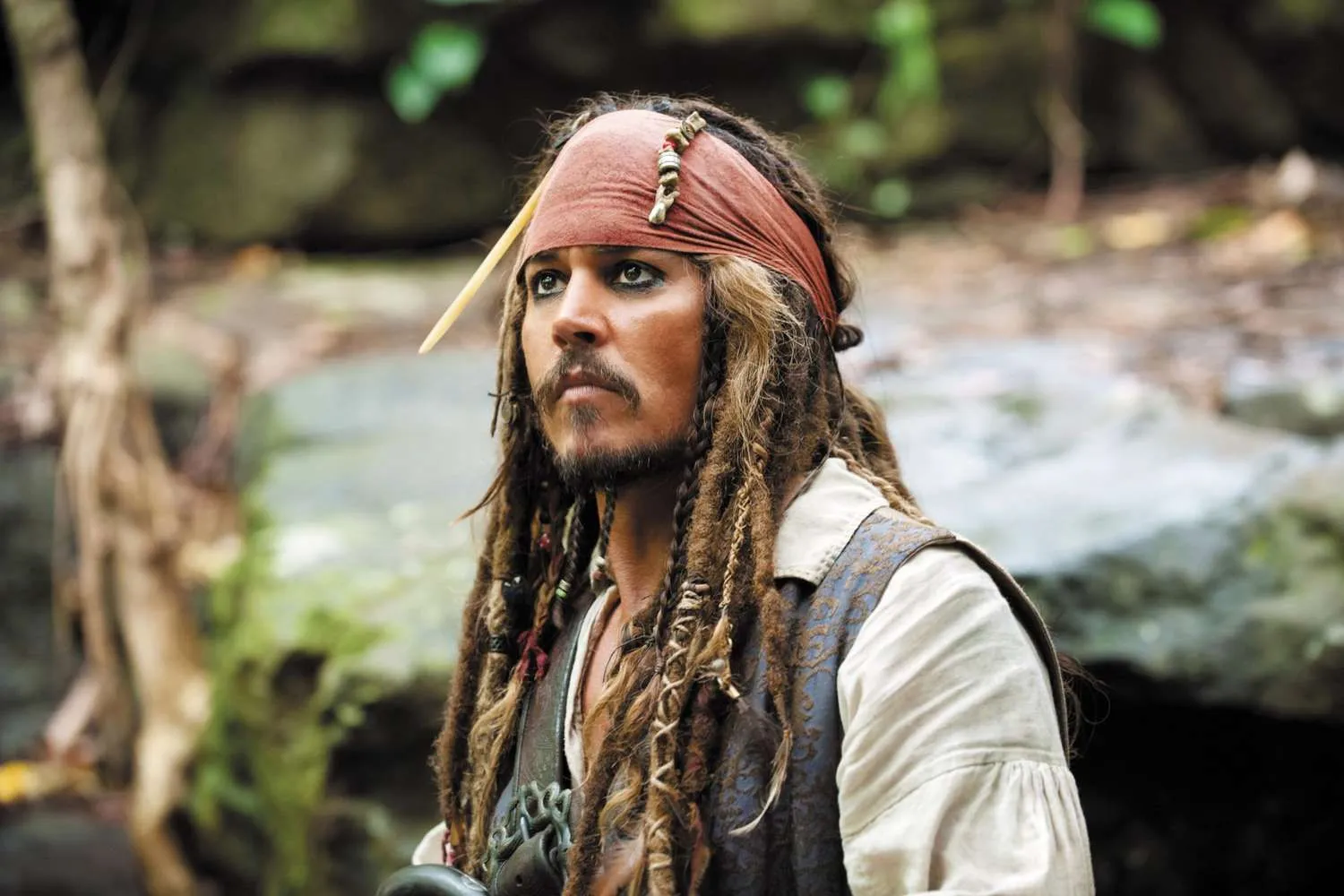Ranking the Richest Shark Tank Judges: Who Comes Out on Top?


Shark Tank's panel of judges represents some of America's most successful entrepreneurs. These business titans have combined wealth exceeding $6.5 billion. Their stories showcase incredible journeys from modest beginnings to massive success.
The wealth range among the Sharks is quite dramatic. Barbara Corcoran and Lori Greiner sit at around $100-150 million. Robert Herjavec and Daymond John occupy the middle range with $300-350 million. Kevin O'Leary commands $400 million. Mark Cuban towers above all with $5.5 billion.
These Sharks don't just talk business - they live it. They've invested millions in Shark Tank deals. Their investments span diverse industries. Many of their deals have turned small businesses into multi-million dollar success stories. Their proven track records make them perfect judges for aspiring entrepreneurs.
Barbara Corcoran: From $1,000 Loan to $100 Million Net Worth
Barbara Corcoran started her empire with just a $1,000 loan from her boyfriend in 1973. She used this money to start The Corcoran Group, a tiny real estate office in New York City. Her first years were tough, working multiple jobs to keep the business afloat. She showed remarkable creativity in marketing her properties.
The Corcoran Group grew into New York's largest real estate company. Barbara pioneered the use of real estate market reports to attract media attention. She worked tirelessly to build her company's reputation. Her innovative approach to real estate marketing set new industry standards. The company flourished under her leadership for nearly three decades.
Her biggest business move came in 2001 when she sold The Corcoran Group for $66 million. The sale transformed her from a real estate broker to a wealthy investor. She began investing in small businesses through Shark Tank. Her investment strategy focuses on entrepreneurs with strong personalities. She now maintains a net worth of $100 million. Her success story proves that determination and creativity can turn a small loan into massive wealth.
Lori Greiner: The Queen of QVC with $150 Million
Lori Greiner earned her royal QVC title by creating over 1,000 successful products. She started her journey by designing a unique jewelry organizer. This single invention launched her into the spotlight. QVC picked up her product and sold out all units in minutes.
Her success on QVC transformed into a full-time career. She holds over 120 patents for her inventions. Her products range from jewelry storage to household items. She appears regularly on QVC's Clever and Unique Creations show. Her sales on QVC alone have generated over $1 billion in revenue.
The Shark Tank platform expanded her business empire significantly. She has a remarkable track record of spotting successful products. Her most notable investment was Scrub Daddy, which generated over $200 million in sales. She turned multiple Shark Tank companies into multi-million dollar successes. Her keen eye for retail products earned her the nickname "The Warm-Blooded Shark." Her total net worth now stands at $150 million.
Robert Herjavec: Immigrant to Tech Titan Worth $300 Million
Robert Herjavec fled communist Yugoslavia with his parents at age eight. They arrived in Canada with only $20 and barely spoke English. He worked multiple minimum wage jobs to help his family survive. His first job was delivering newspapers in harsh Canadian winters.
His tech journey began as a waiter who took a free computer course. He landed an unpaid internship at a tech company by offering to work for free. His strong work ethic quickly turned the position into a paid role. He founded his first IT company, BRAK Systems, from his basement in 1990.
BRAK Systems grew rapidly and sold to AT&T for $30.2 million in 2000. He then started The Herjavec Group, a cybersecurity firm that became one of Canada's largest IT companies. The company now generates over $200 million in annual revenue. His technology ventures and smart investments helped build his current net worth of $300 million.
Daymond John: Building a $6 Billion Empire with FUBU
Daymond John started FUBU (For Us By Us) in his mother's house in Queens. He worked at Red Lobster full-time while sewing clothes at night. His mother mortgaged their house for $100,000 to fund the business. The company began by selling wool ski hats and T-shirts on the streets of New York.
FUBU's big break came when LL Cool J wore the brand in a commercial. The endorsement catapulted FUBU into mainstream success. Major retailers started carrying the brand. Sales exploded globally, especially in the hip-hop community. FUBU reached peak revenues of $350 million per year in the late 1990s.
The brand has generated over $6 billion in global sales to date. John's success with FUBU led to multiple business ventures. His most successful Shark Tank investment was in Bubba's-Q Boneless Ribs. The company grew from $154,000 to $16 million in revenue within three years. His personal net worth now stands at $350 million. His expertise in branding and marketing makes him a valuable Shark Tank judge.
Kevin O'Leary: Mr. Wonderful's $400 Million Empire
Kevin O'Leary built his fortune through smart technology investments and savvy business deals. He started Softkey Software Products in his basement. The company grew rapidly through acquisitions. In 1999, Mattel bought his company for $4.2 billion. This deal established his reputation as a shrewd businessman.
Mr. Wonderful has invested $8.5 million in over 40 businesses through Shark Tank alone. His largest investment was $2.5 million for a 10% stake in Zipz Wine. He focuses on companies with clear paths to profitability. His investment strategy emphasizes strong financial returns. He often demands royalties or equity stakes to protect his investments.
O'Leary's business empire extends beyond technology and Shark Tank deals. He launched O'Leary Funds, an investment fund company. He created O'Leary Fine Wines as a personal venture. His direct approach and focus on money earned him the nickname "Mr. Wonderful." He maintains strict investment criteria. His companies must deliver solid financial performance. His tough love approach has helped many entrepreneurs succeed while building his $400 million net worth.
Mark Cuban: The Billionaire Extraordinaire with $5.5 Billion
Mark Cuban started his entrepreneurial journey selling garbage bags door-to-door as a teenager. He founded MicroSolutions, a computer software company, in 1982. The company grew rapidly and was sold to CompuServe for $6 million in 1990. This early success set the stage for his future ventures.
His biggest windfall came from Broadcast.com, an internet radio company he co-founded. Yahoo acquired the company in 1999 for $5.7 billion. Cuban wisely protected his wealth by hedging against the dot-com crash. He purchased the Dallas Mavericks NBA team in 2000 for $285 million. The team's value has since multiplied to over $3.3 billion under his ownership.
On Shark Tank, Cuban has invested more than $29 million across 85 deals. His largest investment was $2 million in Ten Thirty-One Productions, a horror attraction company. His investment style focuses on innovative technology and scalable businesses. Cuban maintains his wealth through diverse investments in sports, entertainment, and technology. His direct communication style and tech expertise make him a standout Shark.
Dive into the Successful Investments Made by the Sharks
Ring Video Doorbell became one of Shark Tank's biggest success stories after receiving investment from Shaq O'Neal. The company later sold to Amazon for $1 billion. Bombas Socks, backed by Daymond John, has generated over $225 million in annual revenue. Scrub Daddy, supported by Lori Greiner, reached $209 million in sales.
Barbara Corcoran's investment in Cousins Maine Lobster turned $55,000 into a $50 million enterprise. Mark Cuban's backing of Tower Paddle Boards grew from $150,000 to $30 million in sales. Kevin O'Leary's investment in Plated led to a $340 million acquisition by Albertsons. These successes showcase the Sharks' ability to spot and grow promising businesses.
The Sharks' collective portfolio continues to expand with new success stories. Simply Fit Board, backed by Lori Greiner, reached $160 million in lifetime sales. Squatty Potty, another Greiner success, generated over $164 million in revenue. These investments prove the Sharks' expertise in turning small businesses into industry leaders. Their combined success demonstrates why Shark Tank remains a powerful platform for entrepreneurs seeking growth and mentorship.
The Sharks' impact on American entrepreneurship extends beyond mere investments. Their guidance has helped create thousands of jobs. Their success stories inspire countless aspiring business owners. Their legacy shows that with the right support and direction, small businesses can achieve remarkable growth and success.

